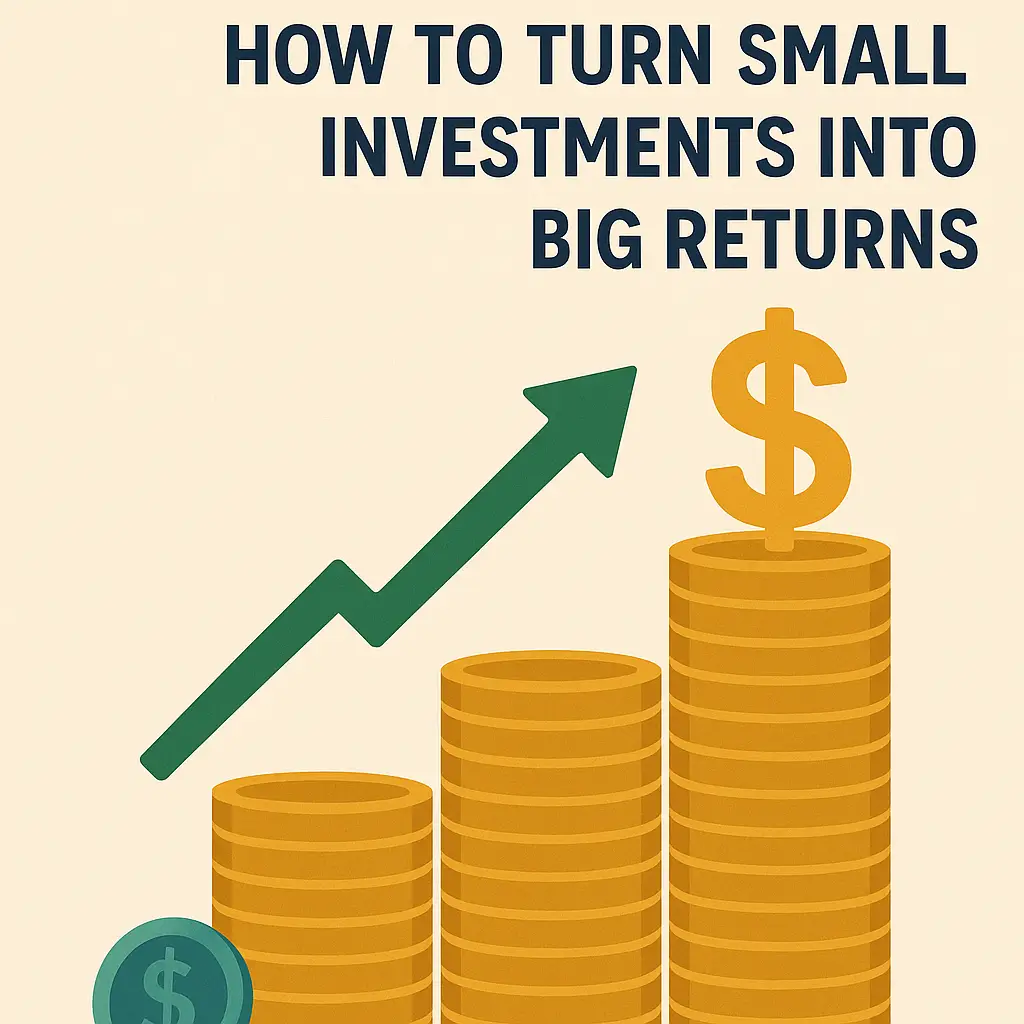Deciding between investing in stocks or real estate in 2025? This guide breaks down the pros and cons of each to help beginners make informed decisions.
Understanding the Basics
Stock Market Investing involves purchasing shares of companies, offering potential for capital appreciation and dividends. It's known for liquidity and accessibility, especially with platforms like Robinhood and Fidelity.
Real Estate Investing entails buying physical properties to generate rental income or profit from appreciation. Strategies like house hacking have gained popularity among beginners [Business Insider].
Pros and Cons
Stocks
- Pros: High liquidity, low entry cost, easy diversification, and potential for high returns.
- Cons: Market volatility, emotional investing risks, and less control over individual companies.
Real Estate
- Pros: Tangible asset, potential for steady cash flow, tax advantages, and hedge against inflation.
- Cons: High upfront costs, property management responsibilities, and lower liquidity.
Performance in 2025
In 2025, the stock market has shown resilience despite economic uncertainties. For instance, the SPDR S&P 500 ETF Trust (SPY) is trading at $546.69, indicating investor confidence.
Conversely, real estate investments, particularly through REITs like the Vanguard Real Estate ETF (VNQ), are priced at $87.16, reflecting steady performance in the sector.
Experts suggest that stocks may offer higher returns in the current economic climate, but real estate provides stability and passive income opportunities [HAR.com].
Tax Implications
Stocks are subject to capital gains taxes, which vary based on holding periods. Dividends may also be taxed depending on your income bracket.
Real estate offers tax benefits like depreciation deductions and the potential for 1031 exchanges, allowing deferral of capital gains taxes [OpenPlot].
Liquidity Considerations
Stocks are highly liquid; you can buy or sell shares quickly through brokerage accounts. Real estate is less liquid, often requiring weeks or months to sell a property.
Risk Assessment
Stock investments are susceptible to market volatility but offer the potential for significant returns. Real estate investments are generally more stable but come with risks like property devaluation and tenant issues.
Which Is Right for You?
Your choice depends on your financial goals, risk tolerance, and investment horizon. Stocks may suit those seeking growth and liquidity, while real estate may appeal to those looking for stability and passive income.
Consider diversifying your portfolio by investing in both asset classes to balance risk and reward [Homostay].
Conclusion
Both stocks and real estate have their merits and drawbacks. In 2025, market conditions suggest that stocks may offer higher returns, but real estate provides tangible assets and income stability. Assess your personal financial situation and consult with a financial advisor to make the best choice for your investment journey.








